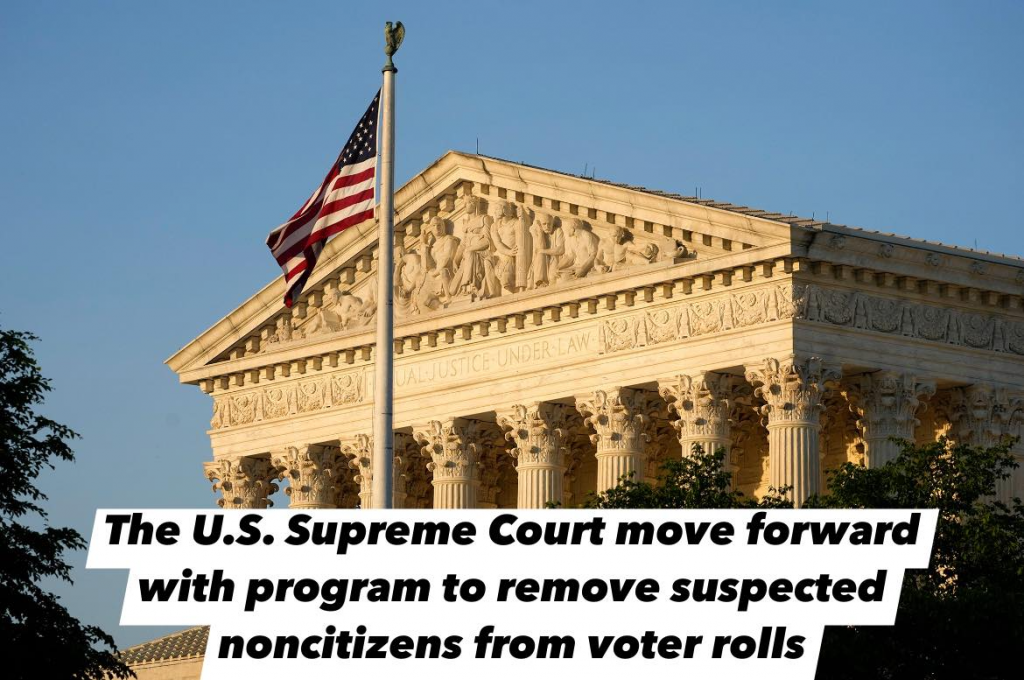The decision, issued without explanation from the majority, underscores the influence of the court’s “shadow docket”—emergency rulings made without a full hearing—which has increasingly impacted high-stakes political issues. Justices Sonia Sotomayor, Elena Kagan, and Ketanji Brown Jackson dissented, raising questions about the potential impact on eligible voters who could be caught in the purge.
This case began with an executive order from Governor Glenn Youngkin directing election officials to identify and remove voters who self-identified as noncitizens at the Department of Motor Vehicles. While Virginia argues this is a necessary step for election integrity, advocates for voting rights warn that the program may inadvertently disenfranchise legitimate citizens, with over 1,600 registrations initially flagged.
Governor Youngkin hailed the decision as a “victory for common sense and election fairness,” ensuring that Virginians “can cast their ballots on Election Day knowing that Virginia’s elections are fair, secure, and free from politically-motivated interference.” On the other side, voting rights groups and the Biden administration have pushed back, citing concerns over eligible citizens being swept up in the program and the timing of such changes within the “quiet period” leading up to federal elections.
The National Voter Registration Act mandates that states refrain from systematic voter roll changes within 90 days of a federal election. Virginia, however, argues that this applies only to eligible citizens and not to noncitizens, pointing to same-day registration as a safety net for those who may have been wrongly removed. Critics, however, caution that this solution doesn’t account for absentee voters or potential confusion at the polls.
Legal experts and advocacy groups are grappling with the implications of this decision, which was made without detailed reasoning. As election law professor Richard Briffault notes, it’s “striking” to see a significant ruling without a clear rationale. This ambiguity adds to the complex narrative surrounding election integrity, with both parties shaping the issue in ways that may fuel future legal battles and influence public confidence in the voting process.
This case, though focused on Virginia, resonates nationally. It highlights the balancing act between protecting electoral integrity and ensuring eligible voters are not inadvertently disenfranchised. As we approach Election Day, this ruling could have broader implications for voter access, election fairness, and the ongoing debate over voting rights in America.
What are your perspectives on this recent decision, and how do you see it impacting the broader landscape of voter rights and election integrity?
- Follow or share

